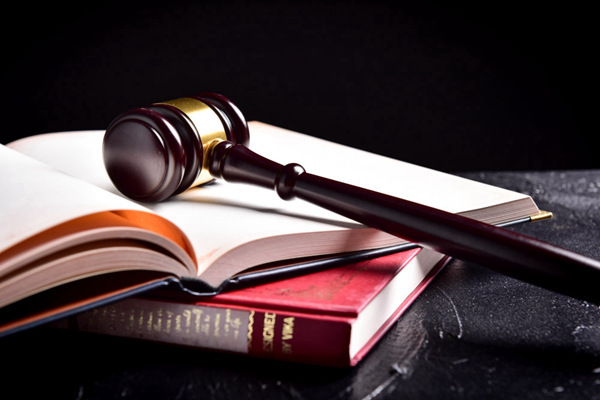The rapid development of artificial intelligence technology has brought many conveniences, but it has also raised concerns about copyright and intellectual property rights. In order to protect the rights and interests of content creators, the U.S. Senate has proposed a proposal called the COPIED Act, which aims to regulate the use of artificial intelligence-generated content and prevent unauthorized copying and abuse. The bill has the support of numerous artists and media organizations and marks an important step for the legislature to address the challenges of AI technology. The editor of Downcodes will explain the key contents and significance of this bill in detail.
Today, with the rapid development of artificial intelligence technology, how to ensure that the works of content creators are not used illegally has become the focus of global attention. A bipartisan group of members of the U.S. Senate recently proposed a new bill, the COPIED Act, which aims to simplify the verification and detection of content generated by artificial intelligence and protect the work of journalists and artists from being used by unlicensed AI models.

Picture source note: The picture is generated by AI, and the picture authorization service provider Midjourney
The COPIED Act, the Content Origin Protection and Deepfake Media Integrity Act, requires the National Institute of Standards and Technology (NIST) to develop standards and guidelines that help prove the origin of content and detect synthetic content, such as through watermarking technology. The bill also requires the agency to create security measures to prevent tampering and requires AI tools used for creative or news content to allow users to attach information about its source and prohibits the removal of that information. Under the bill, such content also cannot be used to train AI models.
Content owners, including broadcasters, artists and newspapers, will be able to sue companies they believe have used their material without permission or tampered with certification marks. State attorneys general and the Federal Trade Commission could also enforce the bill, which supporters say prohibits anyone from "removing, disabling or altering content's origin information" with certain exceptions for security research purposes.
The COPIED bill is the Senate’s latest step toward understanding and regulating artificial intelligence technology. Senate Majority Leader Chuck Schumer (D-N.Y.) has led an effort to develop an AI roadmap for the Senate but made clear that new laws will be developed in various committees. The COPIED bill has the support of a powerful committee leader, Senate Commerce Committee Chair Maria Cantwell (D-Wash.). Senate AI working group member Martin Heinrich (D-N.M.) and Commerce Committee member Marsha Blackburn (R-Tenn.) are also pushing the bill.
Several publishing and artist groups, including the Screen Actors Guild-American Federation of Television and Radio Artists (SAG-AFTRA), the Recording Industry Association of America, the Press/Media Alliance and the Artists Rights Alliance, issued statements welcoming the introduction of the bill.
“The ability of AI to generate stunningly accurate digital performers has a significant impact on the economic and reputational well-being and autonomy of our members,” Duncan Crabtree-Ireland, national executive director and chief negotiator for SAG-AFTRA, said in a statement. poses a real and imminent threat. We need a fully transparent and accountable supply chain for generative AI and the content it creates to protect everyone’s fundamental right to control the use of their face, voice and personality.”
Highlight:
**COPIED Act**: A new bill designed to simplify the verification of AI-generated content and protect the rights of creators.
**NIST Standards Development**: Requires NIST to create standards and guidance that can prove the origin of content and detect synthetic content.
? **COPYRIGHT PROTECTION**: Content owners will have the right to sue companies that use their materials without permission, and the bill prohibits the illegal removal or tampering of information about the source of content.
The proposal of the COPIED Act heralds a new stage in the copyright protection of artificial intelligence content, which will have a profound impact on the development and application of artificial intelligence technology in the future. The editor of Downcodes will continue to pay attention to the subsequent progress of the bill and bring more relevant reports to readers.